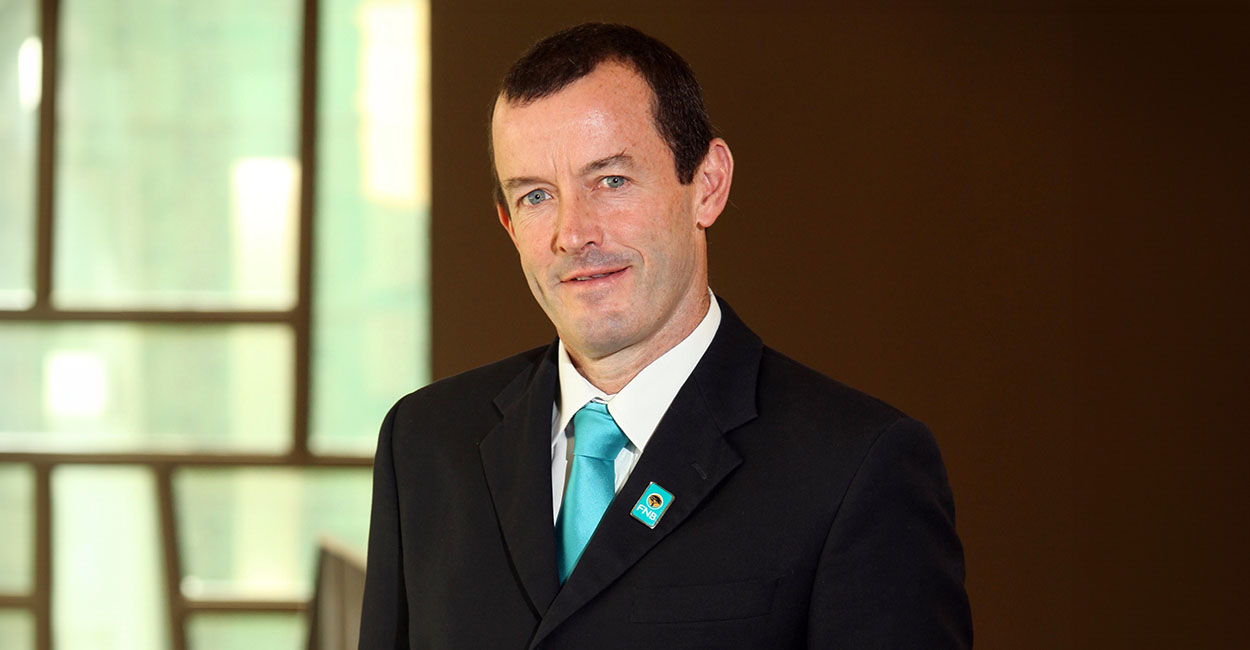MAIN IMAGE: Sean Godoy, MD Divercity Property Solutions and Cofounder of PropDD, Johann van der Merwe, MD of WeconnectU, and Michelle Dickens, CEO of PayProp South Africa
Staff writer
PropTech is one of the most significant transformation tools in the real estate industry. Its blended or singular offerings, be that smart hardware or cloud-based software, smartphone Apps, and other high-tech services, have unleashed a wave of innovative methods and tools that can assist millions of landlords, buyers and sellers, tenants, and property agents in improving property journeys.
We spoke to Sean Godoy, MD Divercity Property Solutions and Co-founder of PropDD, Johann van der Merwe, MD of WeconnectU, and Michelle Dickens, CEO of PayProp South Africa.
Current environment – Sean Godoy
The attitude of the local property industry to PropTech has changed significantly in recent years,” says Godoy. “Although South Africa has well-established PropTechs that have been around for some time – the likes of Lightstone (data & analysis), Propdata (websites and marketing) and TPN (tenant vetting) – new developments are surfacing regularly, be those imported or local innovations.”
While imports like Property Inspect (UK), Bidx1 (Ireland) and offr (Ireland) enjoy success in South Africa, Godoy points out that the local market is developing steadily. He highlights, as an example, the launch last year of SA’s first proptech venture capital business, Redimension Capital, which raised R200 million from mostly large SA REITs. “This is a clear indication that large residential and commercial players are bullish on PropTech and the clear value-adds they present.”
Godoy believes there are three specific areas that reveal the true value of PropTech: marketing, data and analysis, and transactional efficiencies.
“Marketing residential property remains a lucrative area, with the likes of Property24 and Private Property having dominated the space for many years. However, new players like Flow, which offers automated social media marketing for agents, are shaking things up,” says Godoy. “A recent Competition Commission ruling has also meant that the big listing platforms need to adjust anti-competitive behaviour. This could create various opportunities for newcomers like MyProperty.”
Godoy says the data & analysis space is exciting, with recent big acquisitions like MRI and TPN and newcomer Loom. Data is key to the industry, and with the rise of AI and digitisation of the deeds registry in the pipeline, the opportunities could be endless for all forms of PropTech driven by innovative uses of data.
“What is particularly exciting are tech players entering our township/informal property markets, which could yield significant benefits for landlords and tenants alike, opening up massive and opaque property markets.” Godoy cites the example of listing platforms Roomsta and Bitprop, with the latter helping township homeowners and developers to deliver backroom rentals and other accommodations that unlock new income opportunities.
“Overall, tech that is focused on improving efficiencies in property transactions (like E4), residential marketing, and building operations will likely do well. That said, the changing attitude of the industry and increased availability of PropTech funding will likely result in some exciting new entrants in the coming years,” says Godoy.
Proof of value – Johan van der Merwe
Johann van der Merwe, MD of WeconnectU, has an attitude similar to Godoy’s. His company’s ecosystem is driven by PropTech, which enables solutions for managing community schemes, residential and commercial rental portfolio management, and inspection and maintenance management.
“Our ecosystem streamlines and enhances operational efficiencies across the board, lightens administrative workload, reduces risk for property managers and their clients, and improves value delivery,” says van der Merwe. The company’s Rental Asset Management was thus created to address five core pillars of portfolio management: tenant vetting, lease management, rental account management, inspection and maintenance management, and compliance … “but they do not replace property managers,” says van der Merwe, “whose asset management skills are irreplaceable. Instead, our tools are designed to support and augment their tasks.
“By providing big-picture and granular insights into all measurable aspects of a rental property’s performance, rental asset managers can guide their investors on a truly optimised investment journey. It also enables those asset managers to demonstrate precisely how an asset’s performance has responded under our management, making it impossible for investors to ignore the value their rental property management service has delivered.”
Businesses that are customer-centric are quickly learning that property stakeholders now need a deeper understanding of the customer journey and are paying close attention to details such as preferences so they can anticipate needs and thereby exceed expectations. “Reporting capabilities are, therefore, crucial to helping rental asset managers collate data points into a cohesive customer picture in moments,” adds van der Merwe. “This can be pivotal in identifying unique risks and opportunities and providing custom insights and recommendations unique to clients’ circumstances.
“It all boils down to value,” says van der Merwe. “If the integration of technology enables us to provide better customer service at more cost-effective rates, there’s no doubt it’s going to be the way of the future.”
Financial game-changer – Michelle Dickens
“PayProp is revolutionary in its ability to push the property sector forward,” says Dickens. It’s a strong statement but substantiated by how PropTech provides solutions for payment processing and reconciliation, accounting, and client communications. “This enables property practitioners to streamline their businesses and supercharge growth. It’s about faster and wider transactions.”
Traditional financial systems mean that day-to-day tasks are time-heavy, requiring painstaking attention to detail. “PayProp allows property managers to enjoy real-time visibility of their portfolio performance, drilling right down to the exact rands and cents in the bank account,” says Dickens.
This is why PayProp takes a bank-styled integration approach. It monitors the end-trend flow of funds from tenant to landlord, calculating the disbursement of commissions and other property expenses. “Amounts are pre-allocated and reconciled for each tenant, landlord and supplier in the chain,” says Dickens. “Importantly, the client’s money is securely ring-fenced, and with each transaction logged, date- and time-stamped, we have a full audit trail.” A further benefit is that funds in and out occur on the same day, solving the property marketplace’s time-sensitive needs.
By using data aggregation techniques – the process by which data is acquired from multiple sources to calculate a data average – property practitioners using PayProp services are also able to benchmark an individual property against the average of all properties in an area. “Projections then become possible by plotting the average rental price monthly and tracking this average over time. As a result, trends begin to emerge. For example, are rental prices going up or flat?”
One step further PayProp-powered property practitioners can benchmark their own data to those of their peers through management reports. “There is also a PayProp Rental Index that allows other stakeholders, like investors and bankers, to view the current performance of the property market and highlight the movement of the market as it ebbs from a landlord to tenant, buyer to seller, and high-interest high-inflation rates to the more alluring low-interest rate, buyers’ market,” explains Dickens.
The big picture:
While the Fourth Industrial Revolution (4IR) moved the market into interconnected technologies, we are now morphing into the Fifth iteration (5IR). Here, we can expect PropTech to integrate the abilities of humans and machines. Both 4IR and 5IR do, however, need to work in parallel, and this will require a shift if we are to develop a future-fit property space that embraces economic and societal growth, which is often driven by sentiment in the property environment.
South African businesses are, though, citing digitalisation as a priority, but, say many commentators, financial constraints, culture, and mindset are barriers, and there are warnings. Godoy says, “Tech for tech’s sake is not the right strategy.” However, if South African property stakeholders do continue to embrace the right PropTech for their environment, there is no reason that the property industry cannot be at the forefront in pioneering tomorrow’s customer- and human-centric symbiosis.








